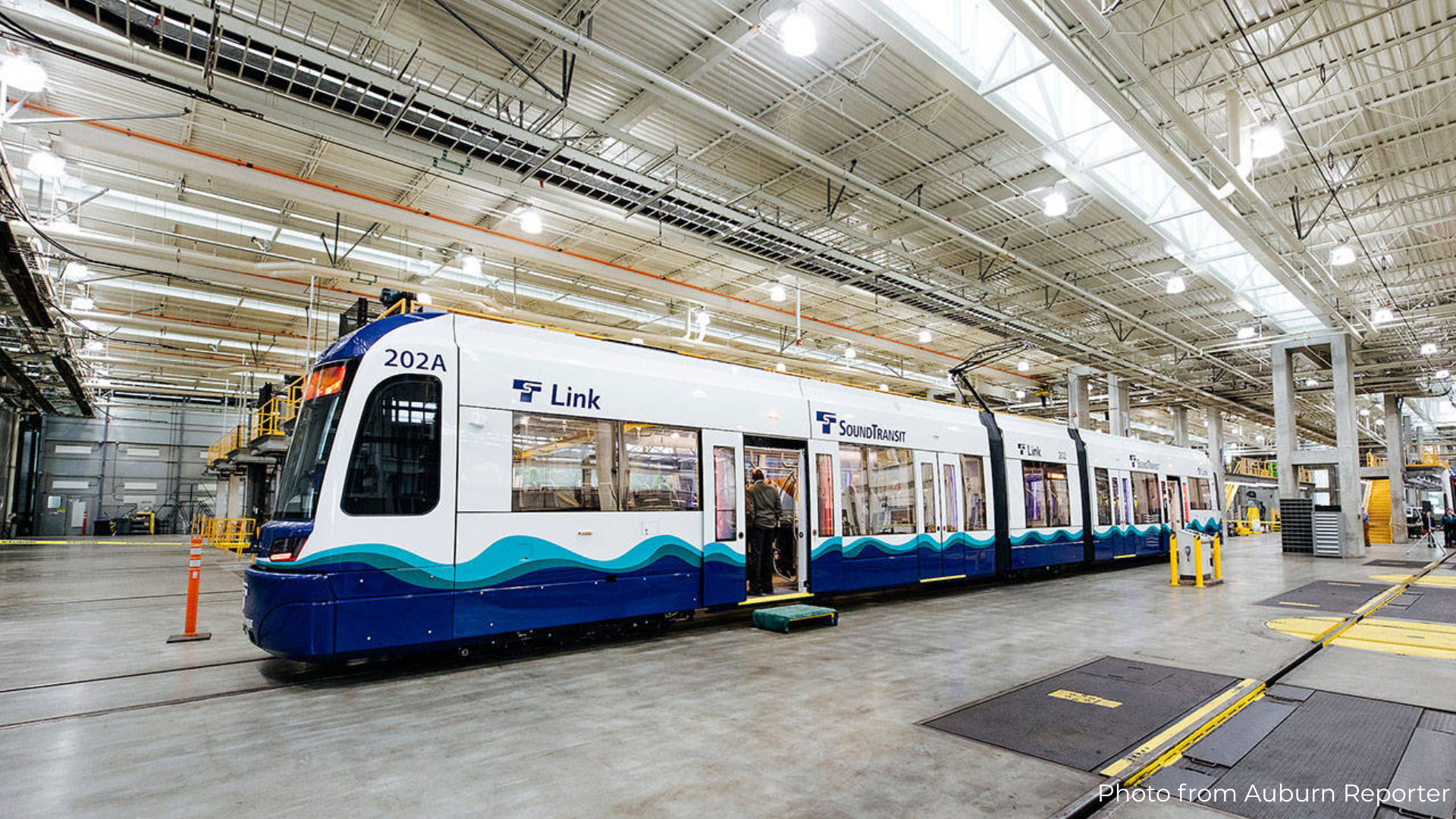Earlier this month, state-paid consultants presented their assessment of the Washington State Transportation Commission (WSTC) to legislators. They concluded that the responsibilities of the commission are duplicative and could be “performed by other state entities” like the much larger Washington State Department of Transportation (WSDOT).
The report states that the WSTC does a good job of listening to the public and is a “welcoming venue for local organizations to voice their thoughts.” WSDOT, they say, does not do as well in this area. So, contrary to normal logic, they recommend that the WSTC no longer be involved in transportation policy development and “associated community engagement efforts,” and that “WSDOT assume the responsibility for local meetings.”
In other words, the state-funded study recommends lawmakers consolidate the agency they say listens to people into an agency that doesn’t. Perhaps it should be the other way around - with WSDOT rolled into the WSTC.
This is not to say that the WSTC has always listened to people well, particularly with regard to the unpopular mileage tax. But what this does illustrate is that the act of merging a seemingly more responsive agency into a much less responsive one reflects a government that views the public as a hindrance to what they want to accomplish.
It is no mystery why there is a palpable disconnect between WSDOT and the public: transportation policy and spending at the agency is increasingly driven by political ideology rather than public demand.
Rather than focusing on traffic congestion relief, which is the overwhelming demand of the traveling public, the agency prefers to focus on public transportation, bicycles, and pedestrian programs, as well as abstract goals like inclusion, economic vitality and vibrant communities. None of these things are inherently bad, but in this context, they represent a political response that ignores the public’s desire for congestion relief in favor of social engineering.
Like WSDOT, public agencies and municipalities across the state seem increasingly tone-deaf to the wishes of the people they are intended to serve. While there are plenty of public comment periods and polls and surveys, there is a strong perception that these are simply formalities – boxes to check before policy is implemented. Public comments that are disagreeable with agencies’ preferred spending plans are often met with cold, bureaucratic indifference.
For example, in Kirkland, the City Council decided to ban plastic bags - the latest environmental fad - despite strong public opposition. The City even commissioned a public survey, and found that Kirkland residents opposed a plastic bag ban by more than a two-to-one margin. Fifty-two percent of residents reported reusing their plastic grocery bags, and 85 percent reported that they reuse and recycle. The City ignored residents and did what they wanted anyway, banning plastic bags and mandating a five-cent fee on paper bags.
More recently, the Seattle City Council, in defiance of state law, imposed the first-ever local income tax in Washington state. They did this because voters repeatedly rejected efforts to amend the constitution to allow a graduated income tax. Rather than accept the will of the people, income tax advocates tried to short-circuit the democratic process by getting the courts to do what voters won’t.
A group of citizens sued the city this month on the grounds that this violated their constitutional rights – and won. Despite this strong public opposition, the governor and several lawmakers will likely try to sneak through an income tax disguised as an “excise tax” in the coming legislative session.
These are just a few examples of government blatantly ignoring taxpayers on a large scale.
Public input is, admittedly, an imperfect process on both sides. Not all input is helpful or should result in change. Among agencies not directly elected by the public, it is even more difficult to connect decisionmakers with the people paying the price.
However, in cases where entire communities and regions have made their viewpoint clear, government must attach the act of listening to a direct and impactful response. Pretending to listen and moving in the opposite direction only produces resentment and a deeper erosion of public trust.





